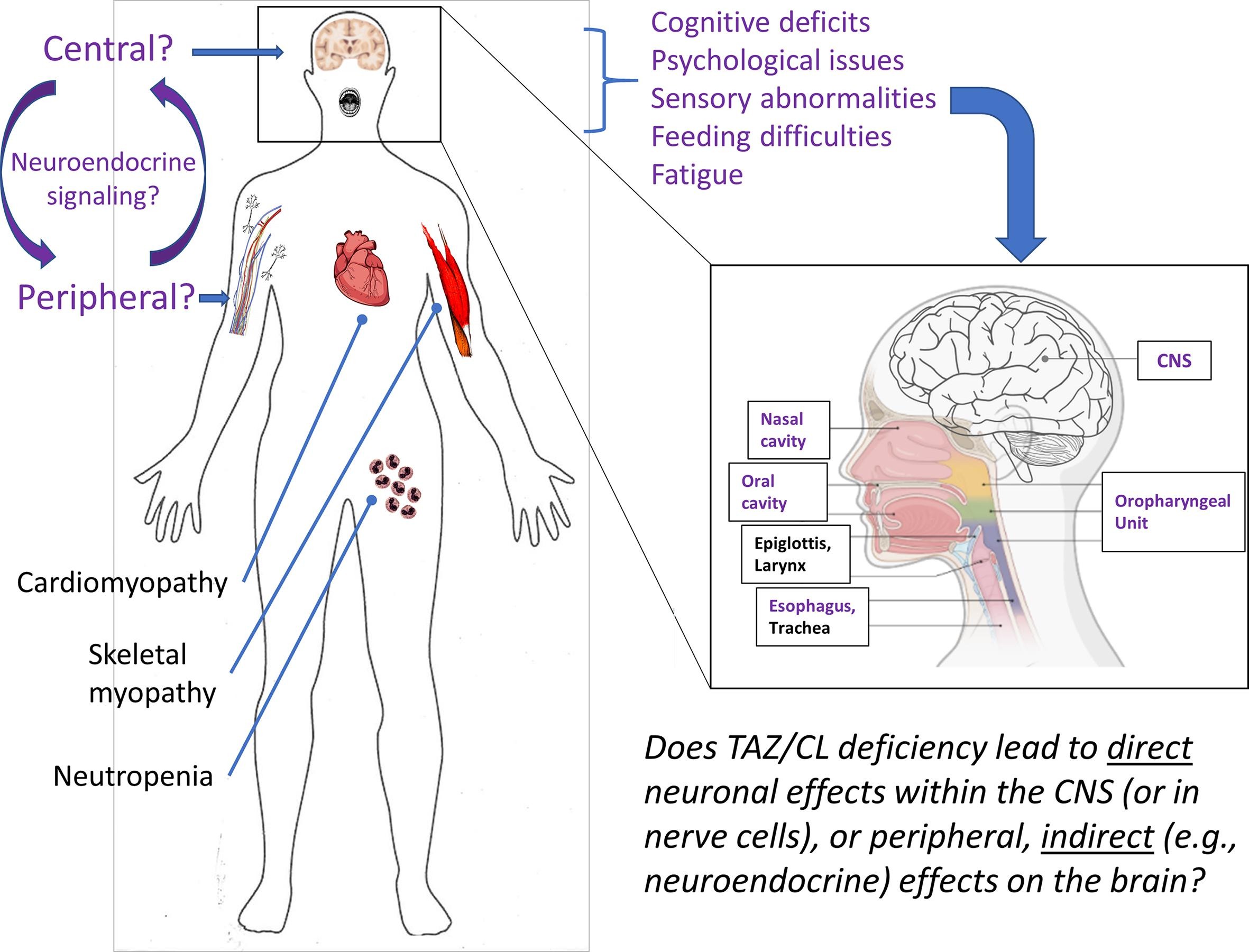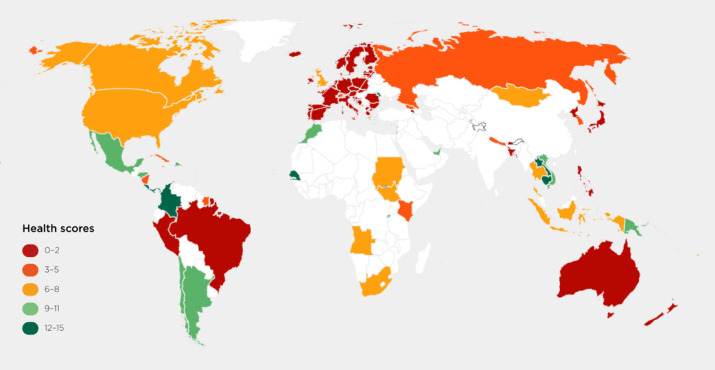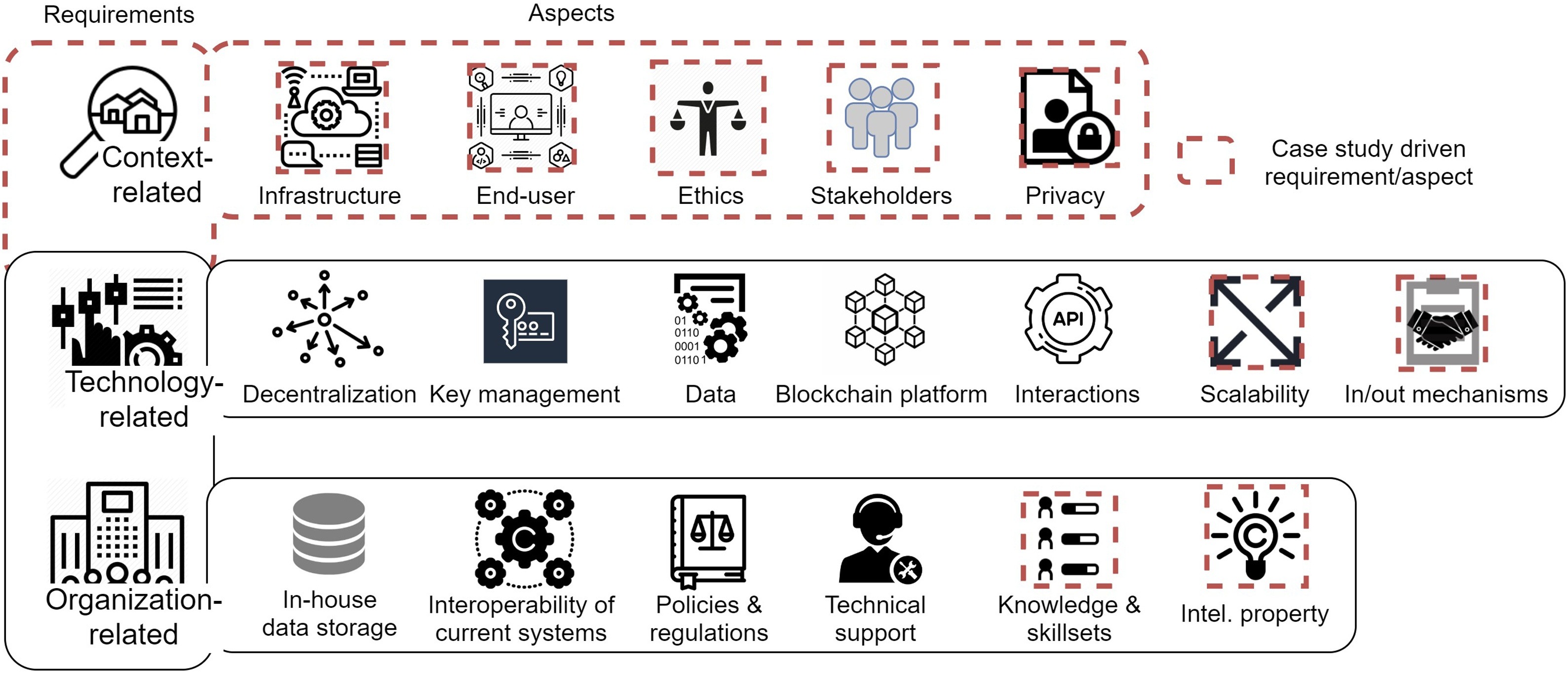This paper explores a customary system of water governance in Ghana.
Elsevier,
Mitochondrion, Volume 61, November 2021
Barth syndrome (BTHS) is a rare X-linked multisystem mitochondrial disease. It is caused by variants of the TAFAZZIN gene leading to abnormal cardiolipin. Normal cardiolipin is crucial for proper mitochondrial structure and function. This article reviews the little-discussed, but significant neuro/psychological aspects of BTHS and discusses potential pathogenic mechanisms and avenues for further research.
Human health is irrevocably linked to the health of our planet. Failure to address the root causes of climate change will lead to exponential human and ecological harm.
Elsevier,
The Lancet Public Health, Volume 6, October 2021
A Comment on the collective action required to tackle the environmental crisis, in the context of SDGs 12, 13, and 17, calling for a limit to increases in average global temperatures, a halt in the destruction of nature, and the protection of health to be prioritised.
Elsevier, Computers in Industry, Volume 131, October 2021
Blockchain technology promises to improve the efficiency, transparency, and accountability of humanitarian operations. Yet at the same time, especially the humanitarian context with its characteristic volatility poses unique challenges to any technology. Most prominent are the humanitarian principles that are fundamental to humanitarian operations. These ethical principles are set to protect the most vulnerable populations. Designing blockchain projects in the humanitarian context therefore requires a systematic framework that helps humanitarians make critical choices.
Elsevier, The Lancet Planetary Health, Volume 5, October 2021
Background: Africa is undergoing both an environmental and an epidemiological transition. Household air pollution is the predominant form of air pollution, but it is declining, whereas ambient air pollution is increasing. We aimed to quantify how air pollution is affecting health, human capital, and the economy across Africa, with a particular focus on Ethiopia, Ghana, and Rwanda. Methods: Data on household and ambient air pollution were from WHO Global Health Observatory, and data on morbidity and mortality were from the 2019 Global Burden of Disease Study.



